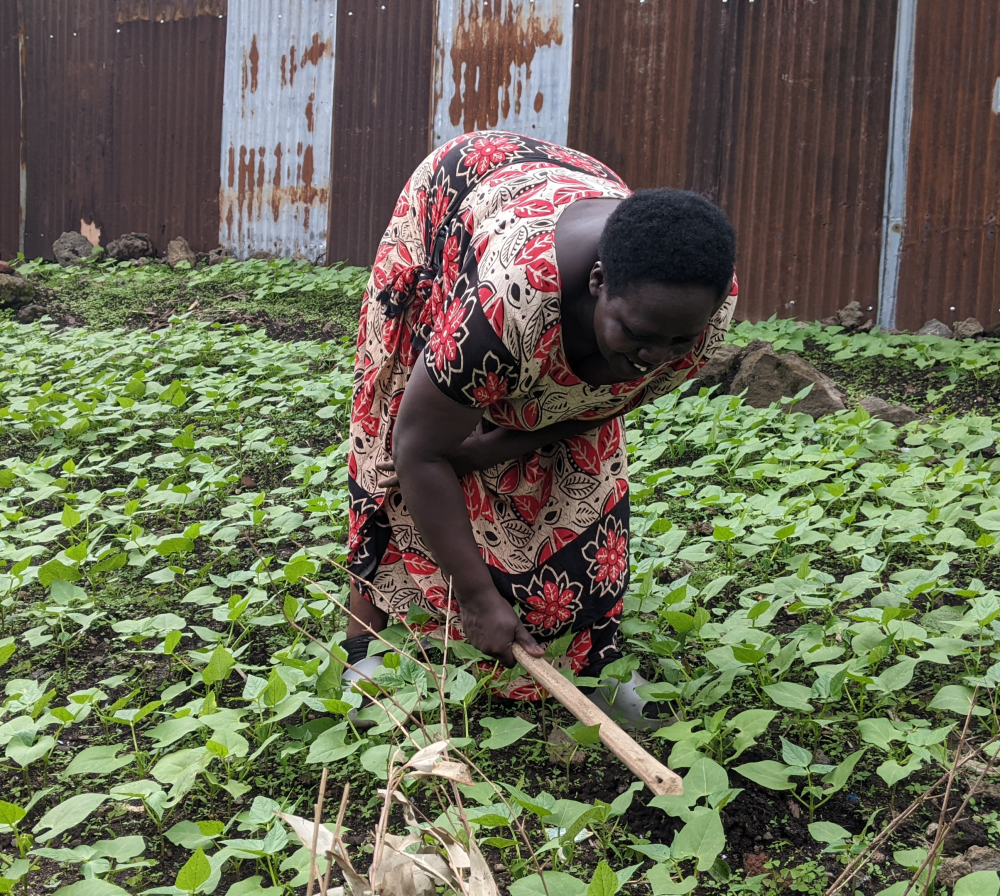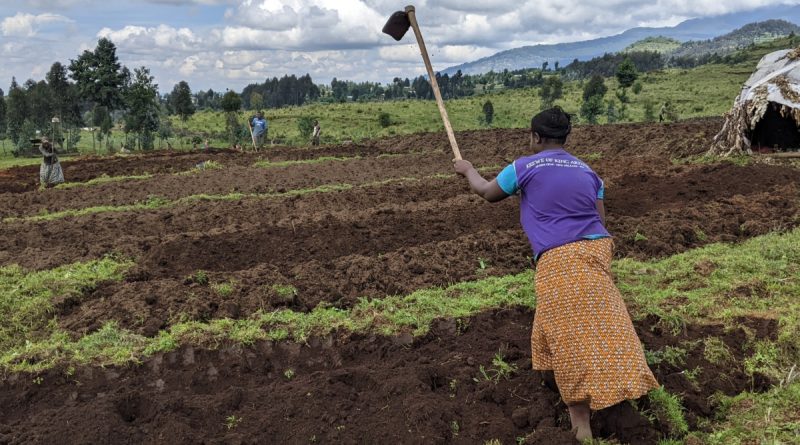Reviving Rwanda’s Potato Industry: Promoting Crop Rotation and Improved Seeds
The Rwanda Agriculture Board (RAB) has issued recommendations aimed at mitigating agricultural malpractices that have led to declining Irish potato production in the country. Recent data from the Rwanda National Institute of Statistics (NISR) reveals a notable decrease in Irish potato cultivation during the 2023 Season B, with land under cultivation shrinking by nine percent compared to the previous season.
According to Jean Claude Mwizerwa, Director of Economic Statistics at NISR, the decline can be attributed to potato farmers, particularly in the Northern Province, shifting to alternative crops like beans and pyrethrum due to more competitive prices in those markets. Climate change has also affected potato farming in the Northern and Western provinces.
Florence Uwamahoro, the Deputy Director General of Agriculture at RAB, pointed out that in addition to climate challenges, land for Irish potato cultivation in Musanze is gradually diminishing. Irish potato is primarily grown in the volcanic districts of Musanze, Burera, Nyabihu, Rubavu, and southern areas in Nyaruguru and Nyamagabe.
One of the key issues highlighted by farmers like Théogene Nshimiyimana is the lack of access to high-quality, subsidized potato seeds and fertilizers, which hampers their productivity and financial stability.
To address these challenges, Uwamahoro stressed the importance of crop rotation as a practice that can boost production and serve as an effective method for controlling pests and diseases. She explained that proper crop rotation, which involves planting different crops each season, can help mitigate production losses and improve overall agricultural health. Additionally, RAB is actively promoting the use of improved seeds among farmers and conducting research to address the issue of poor production in the Irish potato sector.
In conclusion, the decline in Irish potato cultivation in Rwanda is a multifaceted issue influenced by market dynamics, climate change, and limited access to quality seeds and fertilizers. The adoption of proper crop rotation and the use of improved seeds are crucial steps in revitalizing the Irish potato industry and addressing the challenges faced by farmers in the region.


